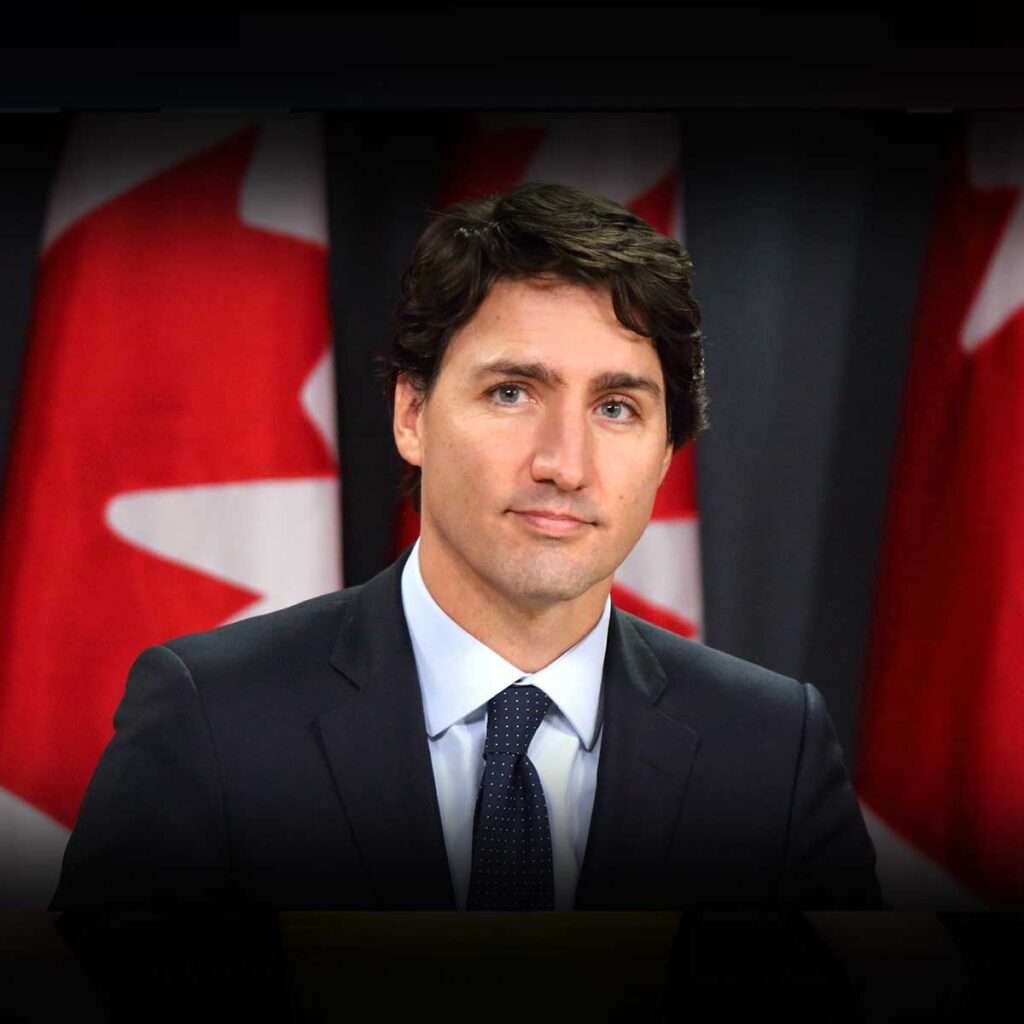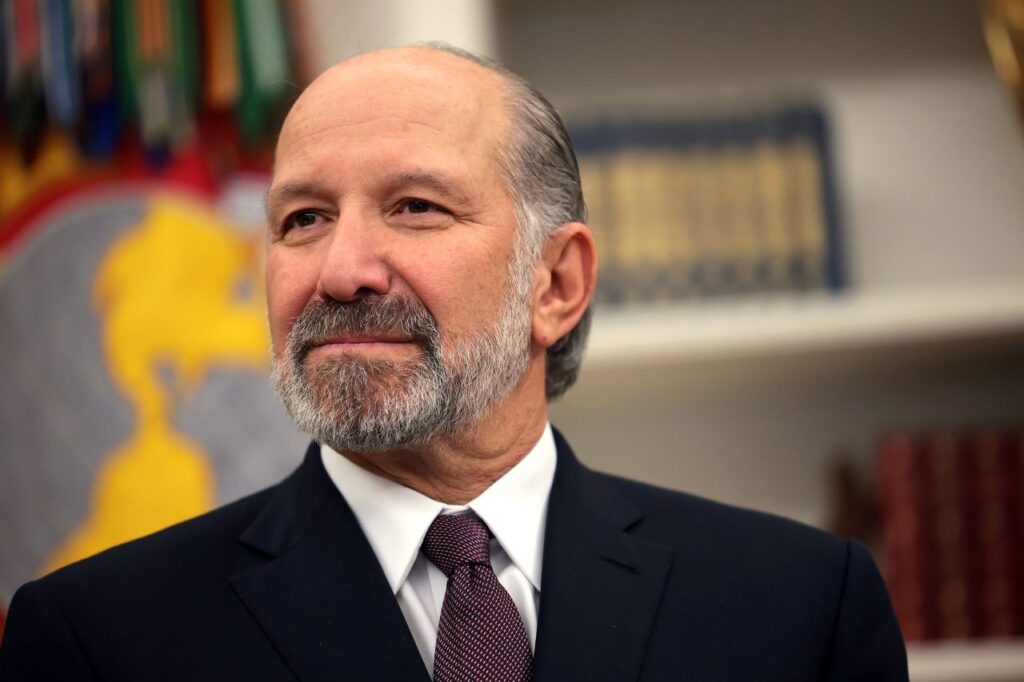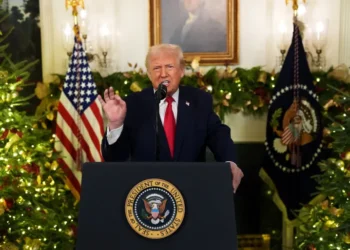Prime Minister Mark Carney has announced that Canada will remove retaliatory tariffs on US goods covered by the existing trade agreement between the countries.
Carney noted that Canada is dropping retaliatory tariffs to match US tariff exemptions for goods covered under the United States-Mexico-Canada trade pact.
He disclosed that Canada will include the carve-out that the US has on Canadian goods under the 2020 free trade deal that shields the vast majority of goods from the punishing duties.
“Canada currently has the best trade deal with the United States. And while it’s different from what we had before, it’s still better than that of any other country.
“We have the lowest tariff rate on average — a little over 5.5 per cent versus the 16 per cent average for the world, and in many cases much higher. It’s important that we preserve that.”
Mark Carney
Carney stated that Canada and the United States have reestablished free trade for the vast majority of their goods. However, he added, “Canada will retain our tariffs on steel, aluminum and autos as we work intensively to resolve the issues there.”

The move came after Carney and US President, Donald Trump spoke on the phone yesterday, Thursday, August 21, 2025. Carney’s office said in a statement that the two leaders had a “productive and wide-ranging conversation.”
The statement added that the leaders discussed current trade challenges, opportunities, and shared priorities in a new economic and security relationship between Canada and the US.
Carney met with his Cabinet today, Friday, August 22, 2025, before making the announcement.
The move is designed to reset trade talks between the two countries. The USMCA is up for review in 2026 and Carney called the trade pact a unique advantage for Canada at a time when it is clear that the US is charging for access to its market.
Carney said that the commitment of the US to the core of USMCA means the US average tariff rate on Canadian goods remains one of its lowest, and that over 85% of Canada-US trade continues to be free of tariffs.
Canadian and Mexican companies can claim preferential treatment under the USMCA.
Canada’s former Prime Minister, Justin Trudeau initially put on retaliatory tariffs in response to US tariffs, but before the US tariffs were applied the Trump administration exempted goods covered by the free trade deal.

Most imports from Canada and Mexico are still protected by the USMCA, but US Commerce Secretary, Howard Lutnick has said, “I think the President is absolutely going to renegotiate USMCA.”

Preserving the free trade pact will be critical for Canada and Mexico. More than 75% of Canada’s exports go to the U.S. while more than 80% of Mexico’s exports go there.
Trump has announced some sector specific-tariffs that do apply for Canada despite the USMCA — known as 232 tariffs — which are having an impact on the Canadian economy. There is a 50% tariff on steel and aluminum imports, for example
Carney previously rescinded Canada’s plan to tax US technology firms after Trump said he was suspending trade talks with Canada over those plans, which he called “a direct and blatant attack on our country.”
Notion Of Canada Appeasing US disputed
Moreover, Carney disputed any notion that Canada is appeasing Trump, noting that Canada is matching what the US is doing.
“The President and I had a long conversation. There is a review of the free trade agreement in the spring. We’re starting our preparations.”
Mark Carney
The move is certain to irritate proponents of an “elbows up” strategy who would like to see Canada inflict maximum retaliatory damage on the US in response to Trump’s escalation of the trade war with Canada.
Nonetheless, it’s likely to relieve economists such as Bank of Canada Governor, Tiff Macklem who argue that the counter-tariffs implemented by ex-Prime Minister, Justin Trudeau in the winter were inflationary at a time of economic fragility.
In a June speech in Newfoundland, Macklem said that counter-tariffs “make US imports more expensive and put upward pressure on inflation.”
READ ALSO: AVRATE, VRA Forge Stronger Partnership for Energy Sustainability at 2025 Congress























